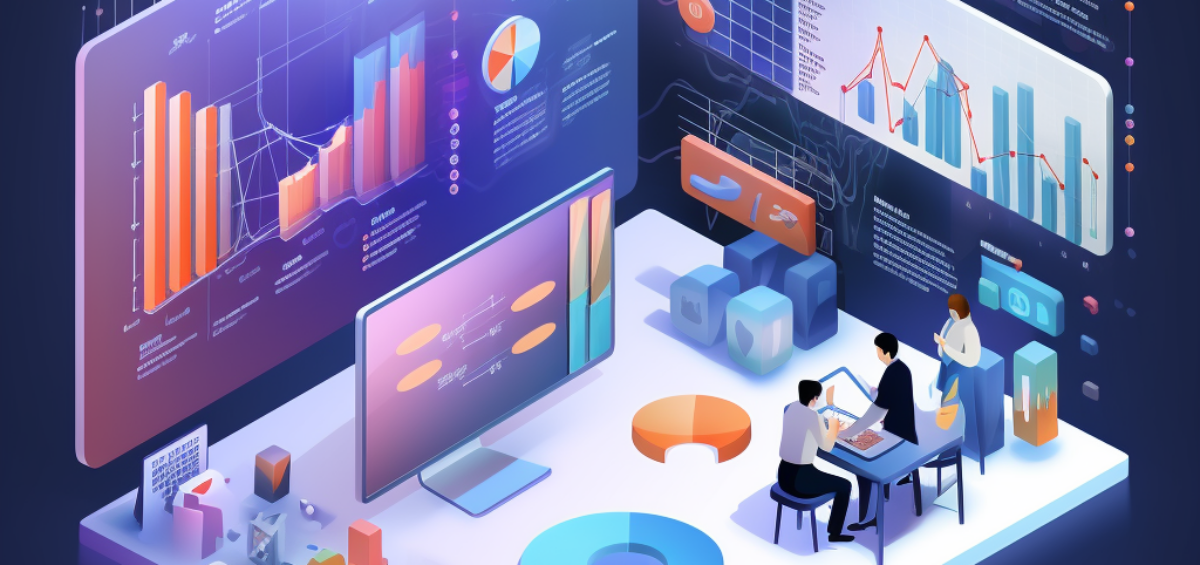In today’s digital age, data is king. Every click, like, share, and purchase generates vast amounts of data. To harness the power of this data, businesses turn to data-driven marketing agencies. These agencies leverage data analytics and insights to craft highly effective marketing strategies. But how exactly do data-driven marketing agencies impact business growth? Let’s explore the transformative influence of data-driven marketing on business success.
The Essence of Data-Driven Marketing
Before delving into its impact, we must first understand what data-driven marketing entails. In essence, data-driven marketing is an approach where strategies and campaigns are developed based on data analysis and insights. This data can originate from a variety of sources, including customer behavior, website analytics, social media engagement, and more.
Personalized Customer Experiences
Data-driven marketing agencies create personalized customer experiences. By analyzing data on customer preferences, behaviors, and demographics, these agencies craft tailor-made marketing messages and promotions. This personalization enhances the customer’s connection with the brand, increasing the likelihood of conversion and loyalty.
Efficient Resource Allocation
Traditional marketing can be a hit-or-miss game, where resources are spent on campaigns with unpredictable outcomes. Data-driven marketing minimizes this uncertainty. Through precise targeting and predictive analytics, marketing agencies allocate resources efficiently. They can identify high-value customer segments and focus efforts on reaching them. This optimized resource allocation results in cost savings and higher ROI.
Enhanced Campaign Effectiveness
Data-driven marketing agencies analyze campaign performance in real time. They use key performance indicators (KPIs) to measure the success of each campaign element. If a particular message or channel isn’t performing as expected, immediate adjustments can be made. This agility results in campaigns that continuously improve and deliver better results.
Improved Customer Insights
Marketers can gain deep insights into their customers’ needs, wants, and behaviors through data analysis. They can segment audiences, identifying high-value and at-risk customers. With this knowledge, businesses can make informed decisions to improve customer experiences, develop new products, and tailor marketing campaigns to specific segments.
Competitive Advantage
In a rapidly changing business environment, staying competitive is crucial. Data-driven marketing provides a competitive edge. Businesses can adapt to market shifts more quickly and effectively. By monitoring trends and analyzing customer data, companies can outmaneuver their competitors.
Long-Term Customer Loyalty
The ability to understand and predict customer behavior leads to stronger relationships and long-term loyalty. Customers appreciate businesses that “get” them and provide personalized recommendations and offers. As a result, they’re more likely to remain loyal to these brands over time.
Driving Business Growth
With all these advantages, it’s clear that data-driven marketing has a significant impact on business growth. Increased customer engagement, efficient resource allocation, better campaign effectiveness, and long-term customer loyalty contribute to sustained growth and profitability.
Conclusion
In an era where data is ubiquitous, businesses must adapt to remain competitive. Data-driven marketing agencies are at the forefront of this evolution. By utilizing data analytics, they transform marketing efforts into efficient, customer-focused campaigns. The impact on business growth is undeniable, making data-driven marketing a key player in the success of modern enterprises.
External Resources:




